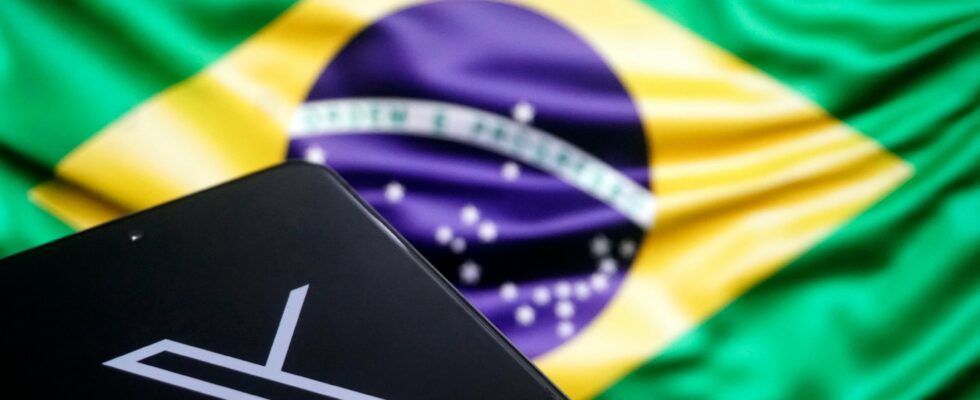The standoff between states and digital giants has taken a new turn since the news saw two countries that, without coordinating, took a radical measure. On the one hand, France, on August 26, arrested and then indicted billionaire Pavel Durov, founder of the multi-use application Telegram, because it is used by pedophiles as much as by terrorists without the company ever responding to the 2,460 requisitions made to it on our territory. On the other hand, Brazil, through the voice of Supreme Court judge Alexandre de Moraes, suspended the use of the social network X. A first.
On both sides of this front line, the combatants accuse each other of embodying a form of tyranny. Thus, Elon Musk declared: “Freedom of expression is the foundation of democracy and, in Brazil, an unelected pseudo-judge is destroying it.” On which side is freedom really located in these affairs? The Internet was originally brought by a number of innovators with libertarian sensibilities, notably at the University of California in Los Angeles. It was conceived as the possibility of a decentralized world imbued with the ideology of the 1960s that, in a way, the slogans of May 68 synthesize: “It is forbidden to forbid.”
Witness a text that was widely circulated in 1996 and written by an activist for the cause, John Perry Barlow: Declaration of Independence of Cyberspace. The title itself indicates the desire to confer a status of extraterritoriality on this new world. He defends the idea that no State should be able to impose anything on the pure freedom that is spread by these new networks. Like all utopias, these libertarians hope for the advent of a new man who will live without hierarchy, will be able to change his identity at will and will forge his representations of the world thanks to the emerging consensus of collective intelligence. Barlow also places at the head of his manifesto a sentence from Thomas Jefferson, one of the founders of American democracy: “Truth can defend itself.”
Adopt a form of moral pragmatism
There is no longer much doubt that, contrary to these utopian hopes, these digital worlds, if they can help advance democracies – and one thinks of the role of Facebook in Tunisia during the Arab Spring – also undermine them from within. And “no”, the truth cannot defend itself. At least that is the conclusion reached by an article in the journal Nature from 2023 by a meta-analysis of 496 computational social science articles.
The results are mixed but generally point in the direction of concern: democracies have much to fear from the fact that digital media promote homophilic polarization. And even more so, no doubt, from the fact that all forms of populism are favored by the more frequent use of these media. Finally, most research results in harmful associations between the consumption of online media and social networks and distrust in various essential institutions of social life such as government or politics in general, the media or even vaccines.
Before finding a reasonable balance in this tug-of-war, we will need to have the patience of years and keep two things in mind. The first is that any unconditional expression of freedom – as Musk or Durov seem to defend – can lead to forms of tyranny: to remember this, we only need to reread The Leviathan by Thomas Hobbes.
Conversely, setting the hunt for false information in stone in law, as has often been sought, runs the risk that such a provision could become liberticidal in the hands of an authoritarian power. And we are all witnesses to the fact that democratic heavens are tormented and unpredictable at the moment. The wisest thing is therefore to adopt a form of moral pragmatism that will be able – on a case-by-case basis – to show the strength of the State if necessary in the face of the arrogance of those who, with their hearts on their sleeves, defend above all their economic interests.
Gérald Bronner is a sociologist and professor at Sorbonne University.
.
